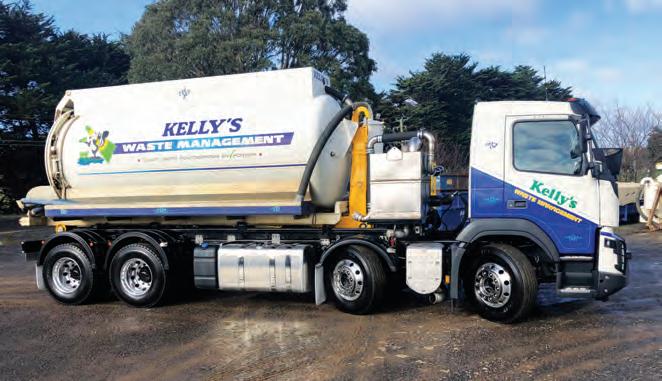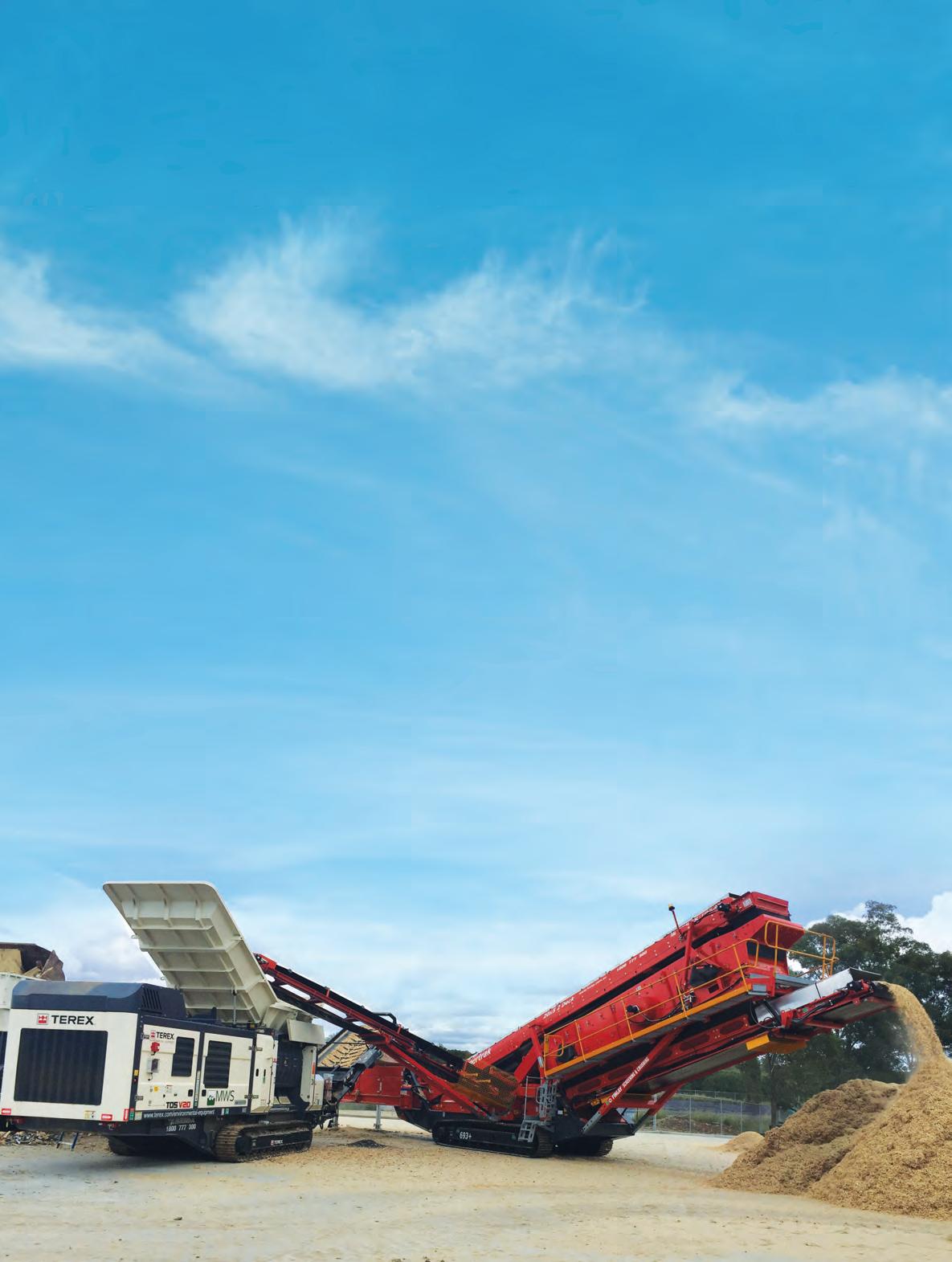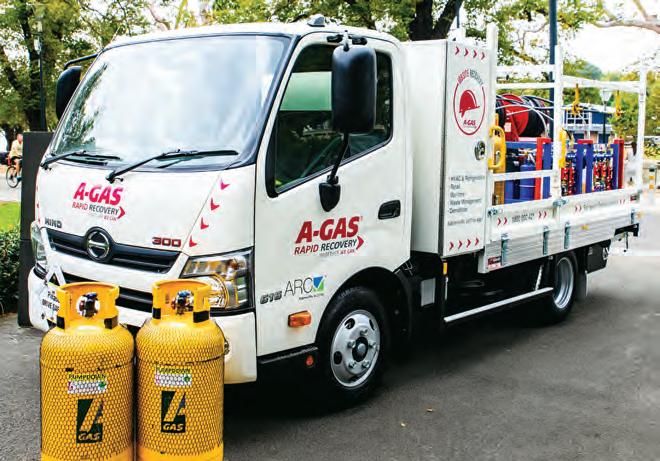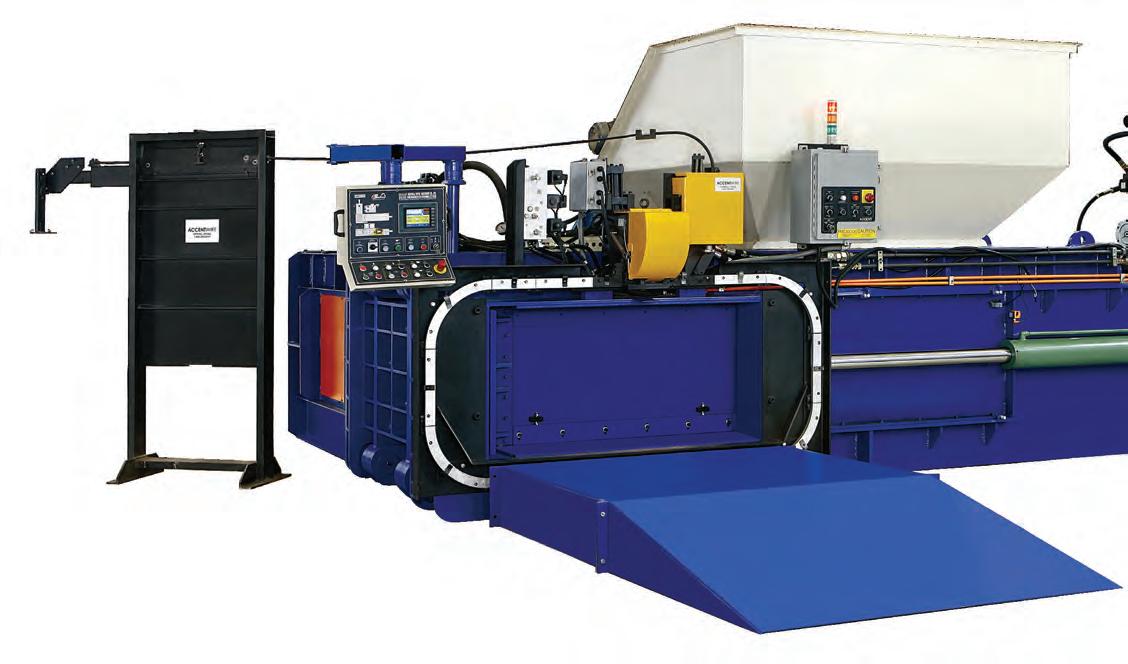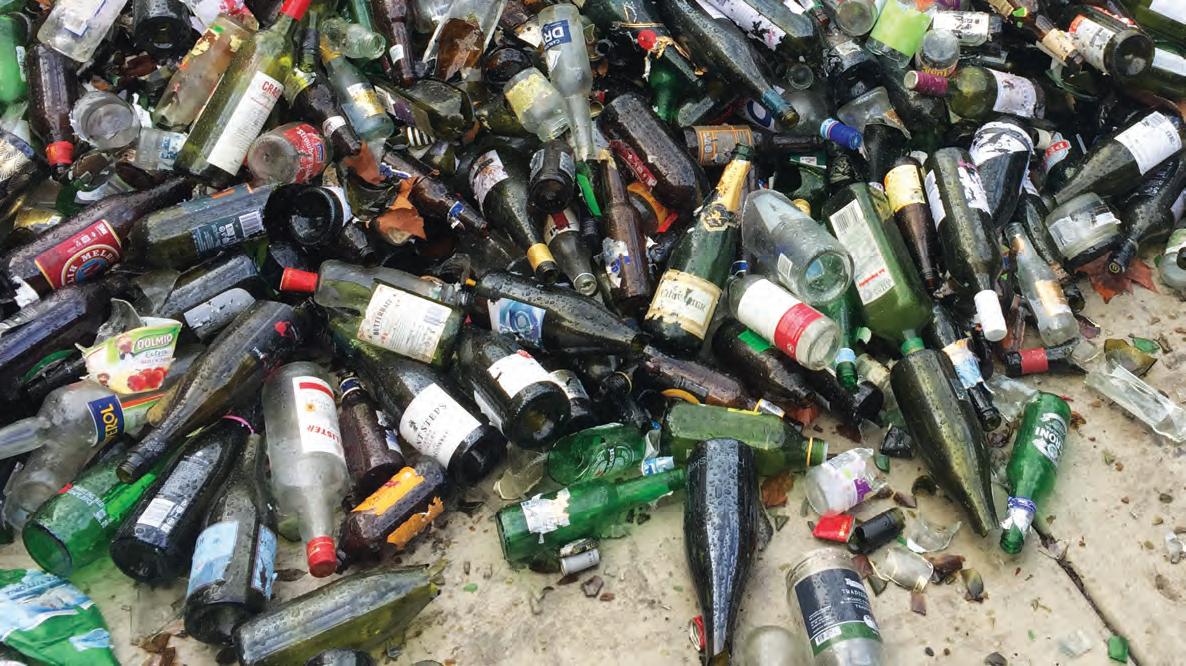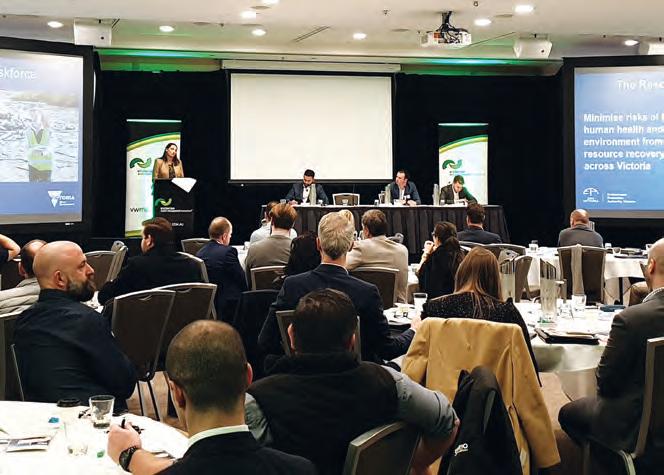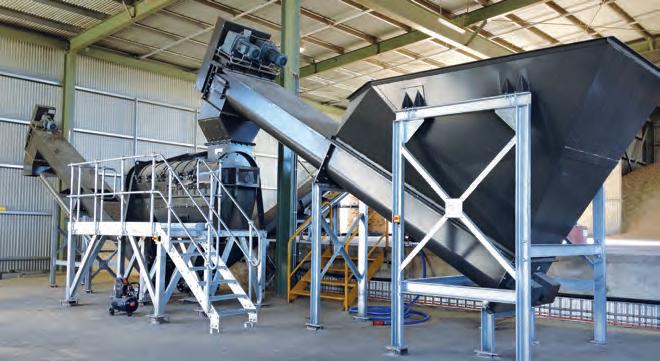PROFILE Yarra City Council partnered with numerous stakeholders for its project.
Crushing contamination WASTE MANAGEMENT REVIEW SPEAKS WITH CHRIS LEIVERS, YARRA CITY COUNCIL CITY WORKS AND ASSETS DIRECTOR, ABOUT THE COUNCIL’S ONGOING TRIAL OF KERBSIDE GLASS SEPARATION.
I
n the beginning of June of this year, 1300 Abbottsford households were greeted with new crates for their glass waste. The crates were delivered to the inner north suburb of Melbourne as part of a kerbside glass collection trial, developed by the Yarra City Council. The problem of crushed glass and contamination has been discussed at length in the resource recovery sector. However, as Waste Management Review reported in May, government action on the issue has been slow. With funding from Sustainability Victoria, Yarra City Council is attempting to buck this trend by taking tangible steps to reduce contamination in the densely populated municipality. Another motivating issue is the lack of available landfill space in Victoria, particularly in metropolitan Melbourne. Chris Leivers, Yarra City Council Director City Works and Assets, says recycling rates across Yarra are high,
52 / WMR / September 2019
with the majority of residents being active recyclers. Despite this, Chris says recent changes to the recycling industry have promoted a proactive response from the council in an attempt to get ahead of potential future problems. “Recent challenges in the waste and recycling industry will have an impact on all councils. A reduction in recycling processing in Melbourne will see additional pressures on the remaining processors,” Chris says. “Making sure we minimise the amount of waste we send to landfill and improve the quality of recycling will ensure we continue to have a sustainable waste collection service into the future.” The Yarra trial will run for 12 months and builds on a successful 2018 food and garden organics (FOGO) separation trial. “The initial FOGO trial provided extremely useful data and information about the collection process and
user behaviour, and identified that Yarra residents were willing to trial new ways and methods for kerbside recycling,” Chris says. “This was very heartening for us and encouraged us to combine FOGO and glass separation in a larger trial area.” Chris says results from the FOGO trial saw a 40 per cent diversion of waste from landfill, with current FOGO contamination rates now averaging less than one per cent. The trial has been named the Yarra Waste Revolution and includes a targeted education and communications program. “Recycling contamination is an ongoing issue for all councils, partly because, generally speaking, people do not have a good grasp on what is considered contamination when it comes to the kerbside recycling bin,” Chris says. “We saw a great opportunity to make our recycled materials cleaner

